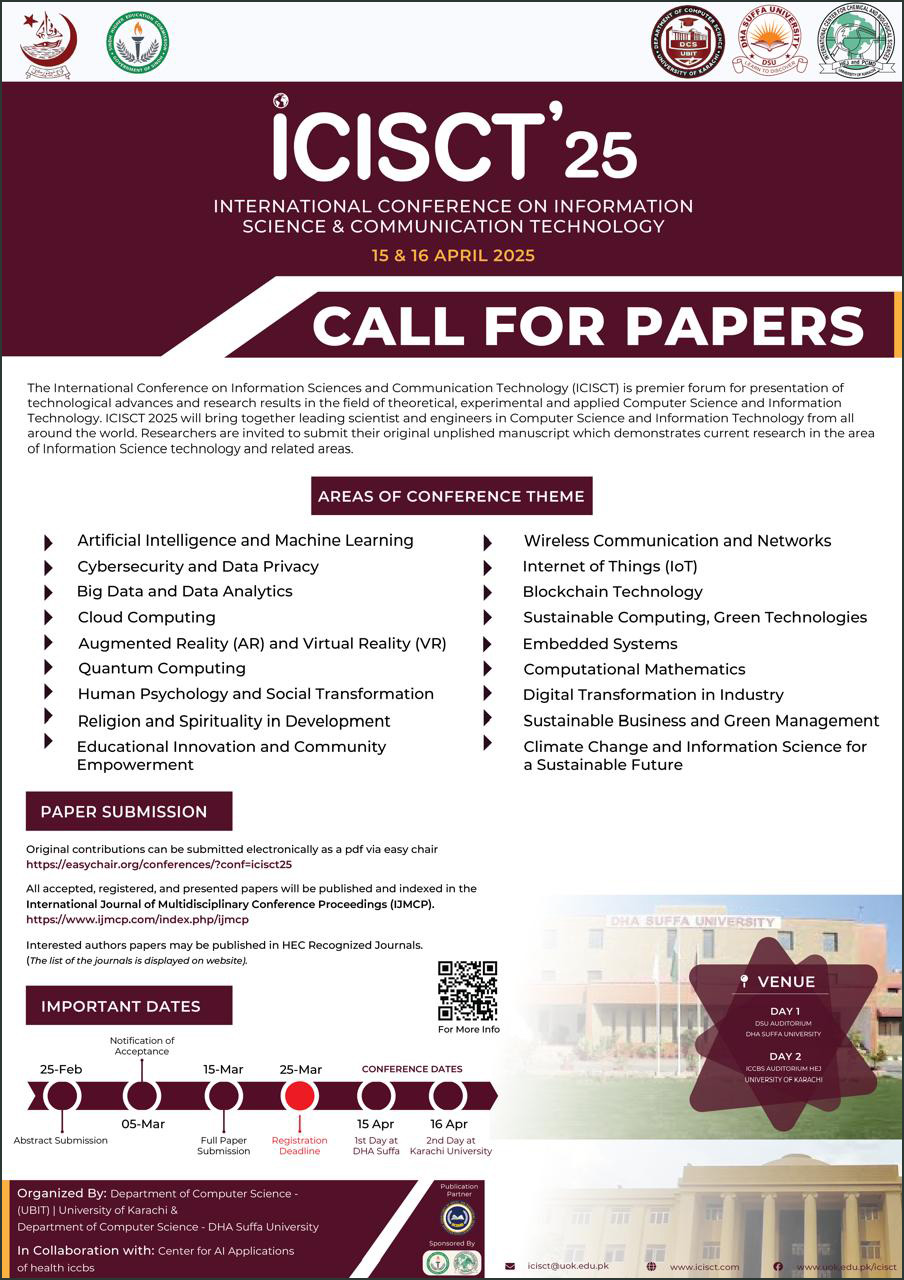Impact of Work-Life Balance and Job Flexibility on Employee Retention: The Mediating Role of Job Satisfaction and Moderating Effect of Work Stress
Keywords:
Work-Life Balance, Job Flexibility, Employee Retention, Job Satisfaction, Work StressAbstract
The primary objective is to examine how work-life balance and job flexibility influence employee retention. Additionally, the study explores the mediating role of job satisfaction in the relationship between work-life balance, job flexibility, and employee retention. Lastly, it assesses the moderating effect of work stress on these relationships. This study employs a quantitative research design, grounded in a positivist research philosophy. The research population consists of part-time student employees, with a sample size of 300 respondents selected using convenience sampling. Data were collected through a structured survey questionnaire and analyzed using SPSS software to identify relationships and draw meaningful conclusions. The findings of the study reveal that work-life balance and job flexibility significantly impact employee retention. Moreover, job satisfaction is found to play a mediating role, strengthening the positive effects of work-life balance and job flexibility on retention. Furthermore, the study identifies work stress as a moderating factor, influencing the extent to which work-life balance and job flexibility contribute to employee retention. In conclusion, fostering work-life balance, offering flexible job arrangements, and addressing work stress are critical for improving job satisfaction





